The pandemic confined many of us to our rooms, fostering feelings of loneliness and isolation. In response, a surge in dating app usage occurred as people sought connection. Notably, Tinder recorded its highest-ever number of swipes—3 billion—in March 2020, the peak of the pandemic.
However, as the number of users on dating apps increased, so did the instances of ghosting—a silent exit from a relationship. Bumble’s study revealed that 5 out of 10 Filipinos experienced ghosting, leaving hearts hanging with messages like “brb ligo lang ako,” never to hear from that person again.
Understanding Ghosting: A Silent Breakup
Ghosting involves ending a relationship abruptly through technological means, dissolving connections without confrontation. Despite its seemingly harmless nature, it can result in negative outcomes, including:
1. Confusion
Experiencing ghosting often leads to confusion, with individuals questioning their worth. It’s akin to Liza Soberano’s famous line, “Panget ba ko, kapalit palit ba ko?” capturing the feeling of self-doubt.
2. Fear of Vulnerability
Those who have been ghosted, tend to avoid vulnerability, hindering them from pursuing new connections and meaningful relationships.
3. Ostracism
Ostracism threatens fundamental needs, such as belonging, self-esteem, control, and meaningful existence, and can, consequently, increase loneliness, depressed mood, frustration, anxiety, and helplessness. can lead to psychological distress, loneliness, and anxiety.
Overcoming Ghosting: Strategies for Healing and Closure
While the aftermath of ghosting can be challenging, it’s essential to recognize that recovery is possible. Here are strategies to help you move forward:
1. Recognize that it’s not your fault
It’s common for people who have been ghosted to blame themselves or think that they did something wrong. However, it’s important to remember that ghosting is a reflection of the other person’s behavior and not your worth as a person.
2. Acknowledge your feelings
Ghosting can leave you feeling confused, hurt, and rejected. It’s essential to recognize and accept these feelings instead of suppressing them. According to a study by the American Psychological Association (APA), acknowledging and expressing emotions can help individuals cope with the aftermath of a breakup or rejection.
3. Reframe the situation
Instead of blaming yourself or ruminating on the ghosting, try to reframe the situation positively. Be kind to yourself and don’t beat yourself up over the situation. For instance, you can view it as an opportunity to focus on your personal growth and invest in your own happiness.
4. Engage in activities that make you feel good
Doing things that you enjoy and that make you feel good can help you take your mind off the situation and improve your mood. A 2018 study published in the journal Emotion found that engaging in pleasurable activities can help reduce negative emotions and improve overall well-being.
5. Seek support
Talking to friends and family or someone you trust about what you’re going through can help you process your feelings and gain perspective on the situation.
If you’re struggling with ghosting and need support, consider downloading the Mind You app or visit www.mindyou.com.ph/public to embark on your journey to a happier, healthier heart.





